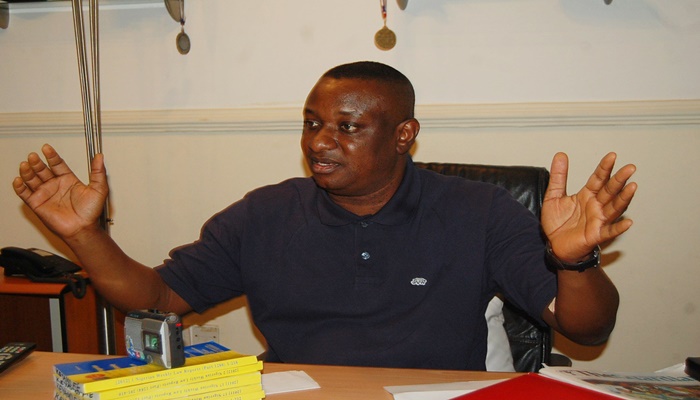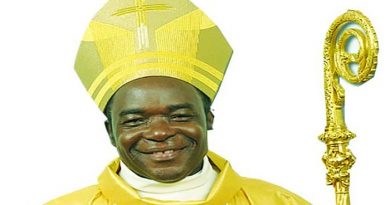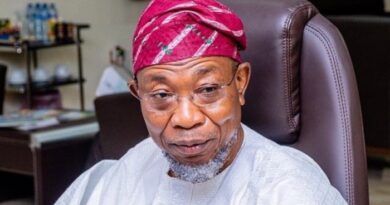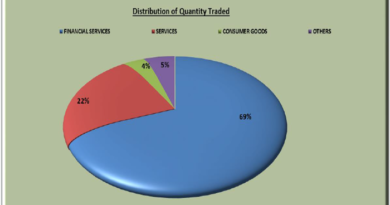Keyamo faults European Union’s election report
President Muhammadu Buhari’s campaign team has faulted the European Union Observation Mission’s report on the 2019 general elections.
The campaign team spokesperson, Festus Keyamo, faulted the EU for not reaching a definite conclusion in the post-election report.
“If you were an observer you should come to a definitive conclusion,” Keyamo said shortly after the EU’s presentation in Abuja.
Keyamo stated that the EU observers relied on less than 500 polling units in arriving at its recommendations.
Keyamo said that with over 120,000 polling units where elections were conducted, a handful of abnormalities in few polling units are not a reflection of the entire process.
“If you observed certain anomalies, it could not have been in more than 500 polling units. If you do observe anomalies in those polling units, how do that substantially affect results coming from 120,000 polling units,” Keyamo said.
“So, it is not enough for you to discuss the anomalies alone, you must discuss the overall results coming from the entire country, and whether it did reflect the wishes of the majority of the people,” he added and also promised a more detailed official response.
The European Union observer mission during the presentation of its report said Nigeria’s 2019 general elections were not transparent and were marred by violence and harassment of voters.
“Overall, the EU EOM concluded the 2019 elections were marked by severe operational and transparency shortcomings, electoral security problems and low turnout,” said EU Chief Observer, Maria Arena, at a press conference in Abuja on Saturday.
She added that the polls were “marred by violence and intimidation, with the role of the security agencies becoming more contentious as the process progressed.”
However, the Chief Observer also said the country made significant improvements from previous elections it held.
Arena said the current administration implemented many of the recommendations the mission made in 2015.
She listed some of the “prominent items” that were recommended and have been implemented to include “the development and maintenance of a functional voter register, the merger of the accreditation and voting processes for ease for voters, improving the sanction powers of INEC, increasing the number of polling units, immediate display of results in collation centres, more involved participation of civil society and citizen observation among others.”
The EOM has since 1999, observed all general elections in Nigeria and had highlighted “serious issues” with the electoral processes in the country.




